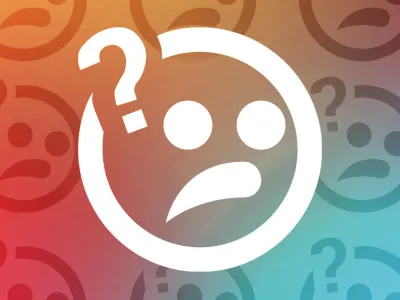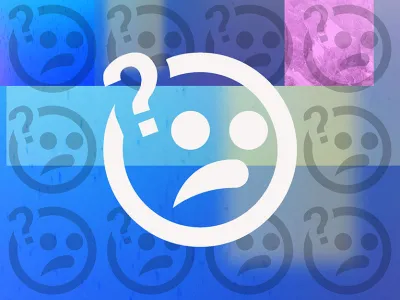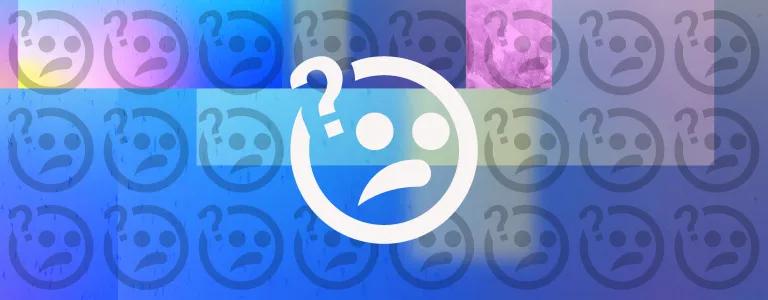
Let’s Get Quizzical: Mental Health
Include this article in your Skills Builder Journal. It could help you develop... 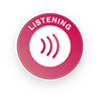
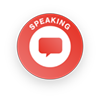
To round off Mental Health Awareness Week, put your newfound knowledge to the test with our quiz! Answers below...
1. What does CBT stand for?
a) Cognitive Behavioural Therapy
b) Calming Breath Therapy
c) Common Breakthrough Techniques
d) Creating Boundaries and Treatments
2. What proportion of people with mental health problems experience stigma?
a) 10%
b) 50%
c) 70%
d) 90%
3. Which country’s Prime Minister was re-elected in 2001 after publicly taking time off for depression?
a) Poland
b) Norway
c) Finald
d) Hungary
4. When was the Mental Health Foundation formed?
a) 2001
b) 1973
c) 1949
d) 1888
5. What is Ecotherapy?
a) Therapy based in nature
b) Therapy based in veganism
c) Therapy based in economics
d) Therapy based in space
6. One in how many school-aged children have a mental health problem?
a) One in three
b) One in four
c) One in five
d) One in six
7. In 2019/2020, how many times was Mind’s mental health information accessed?
a) 200,000
b) 18 million
c) 3 million
d) 786,348
8. Which service has a vision that ‘all young people should be able to make informed choices about their physical and mental wellbeing so that they can live better lives’?
a) Mind
b) The Mix
c) Anxiety UK
d) Childline
9. Which food group is known to positively impact your mental health?
a) Dairy
b) Vegetables
c) Fat
d) Protein
10. True or false: physical exercise can help improve mental health?
TRUE
FALSE

Answers
1. The answer is a) Cognitive Behavioural Therapy
Cognitive behavioural therapy (CBT) is a type of talking treatment which focuses on how your thoughts, beliefs and attitudes affect your feelings and behaviour, and teaches you coping skills for dealing with different problems. It combines cognitive therapy (examining the things you think) and behaviour therapy (examining the things you do).
2. The answer is d) 90%!
An overwhelming majority of people with mental health problems report experiencing stigma. In Time to Change’s ‘Stigma Shout’ survey, almost 9 in 10 people reported that stigma and discrimination had a negative impact in education, work, and medical treatment or in their personal lives.
3. The answer is b) Norway!
Norwegian Prime Minister Kjell Magne Bondevik announced in 1998 that he was experiencing a depressive episode, and took three weeks of sick leave, before returning to office. He received thousands of supportive letters!
4. The answer is c) 1949!
After the Second World War and the foundation of the NHS, Derek Richter established the Mental Health Research Fund to address the clear imbalance in physical and mental health funding. A keen scientist, Derek set up a wartime research laboratory to treat shellshock in soldiers. He was particularly interested in how their experiences (such as serving in a war) and the environment they lived in can shape mental health.
5. The answer is a) Therapy based in nature!
Ecotherapy is a formal type of therapeutic treatment which involves doing outdoor activities in nature. There isn't one single definition of ecotherapy, but it's often used to describe a regular, structured activity that is led by trained professionals (sometimes therapists), who are there to support you; focuses on doing an activity, rather than on your health; takes place in a green environment; is related to exploring and appreciating the natural world; involves spending time with other people, although you can always choose to interact at your own pace.
6. The answer is d) One in six!
One in six school-aged children has a mental health problem. This is an alarming rise from one in ten in 2004 and one in nine in 2017.
7. The answer is b) 18 million!
Yep, Mind’s information all about mental health was accessed a whopping 18 millions times. Over 120,000 people used their online support communities and 59,000 people campaigned to improve services and push for justice.
8. The answer is b) The Mix!
The Mix takes on the embarrassing problems, weird questions, and please-don’t-make-me-say-it-out-loud thoughts that people under 25 have in order to give them the best support through their digital and phone services. Their vision is that all young people should be able to make informed choices about their physical and mental wellbeing so that they can live better lives. And their mission is to become the first point of contact for any young person seeking help or information on any subject wherever and whenever they need it.
9. The answer is d) Protein!
Protein contains amino acids, which make up the chemicals your brain needs to regulate your thoughts and feelings. It also helps keep you feeling fuller for longer. Protein is in: lean meat, fish, eggs, cheese, legumes (peas, beans and lentils), soya products, nuts and seeds.
10. The answer is True!
There are many studies which have shown that doing physical activity can improve mental health. For example, it can help with: better sleep – by making you feel more tired at the end of the day; happier moods – physical activity releases feel-good hormones that make you feel better in yourself and give you more energy; and managing stress, anxiety or intrusive and racing thoughts – doing something physical releases cortisol which helps us manage stress. Being physically active also gives your brain something to focus on and can be a positive coping strategy for difficult times



